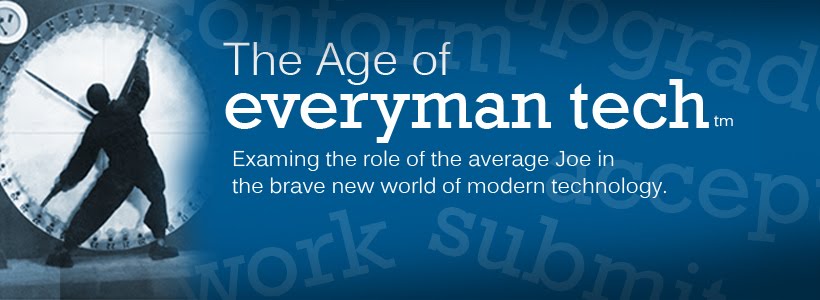"The distinctive contribution of the approach to literacy as social practice lies in the ways in which it involves careful and sensitive attention to what people do with texts, how they make sense of them and use them to further their own purposes in their own learning lives" (Gillen and Barton, 2010, p. 9).
In our reading, I noticed that one of the biggest issues revolving around the use of technology as a learning tool, is the inevitable evolution of the medium. The paragraph we are asked to respond to, in many way represents how society and technology often intersect and reshape how people communicate and learn from each other.
For example, Wilber comments on the limitation of the texting technology in 2010. Wilber (2010) notes the need for, “staccato message rather than longer, full words…the limitations of the mobile phone constrain and shape the literacy practice available to the tool in particular ways" (p.2).
All of which was true, in 2010.
This was before the event of smart phones and unlimited free texting (with a plan of course). Prior to this, young people created their own language; part out of necessity, the other, simply to communicate with their peers using a language that was unique to them and foreign to their parents…at least for a while.
However we have reached the point in which texting in full sentences has replaced phone calls and sometimes even face to face conversations. We have reached the point in which technology and affordability has rendered the need for specialized communication obsolete. Which means once again, the rules of communication and therefor learning have to change.
This technological evolution of the medium means students no longer have the excuse of using non-traditional ‘text-speak’ when communicating electronically. Prior to the technology changes, one could make the case that instructors needed to be understanding of the non-traditional use of language. I mean how else could a person communicate with 160 characters and 20 cents a text, except with a new language? One that didn't, in fact couldn't, conform to standard English.
Instructors needed to be flexible, to be sensitive and not force learners to conform to traditional methods or require them to abandon a new form of communication, because it wasn’t traditional. I believe it was absolutely valid to push back against people who wanted to stifle the technology, because it didn't conform to their standards. Standards change.
In many ways the use of texting and electronic communication as learning tools, mirrors the cultural issue of code-switching, in which people develop the ability to switch their speech depending on their audience and the purpose of their communication.
There are of course different views on this, one is that students to should strive to communicate using standard English and others that feel students should be authentic to their culture and the learning process should adapt to them. This is a discussion for another time, but I believe there are lessons to be learned in how we address non-standard communication in a learning environment.
However with the technological advances we have made, I believe the traditionalists’ point of view in regards to using ‘proper’ grammar, sentence structure when communicating electronically, does have merit. There is simply no longer a valid reason not to follow the standard rules of written communication when communicating. This of course includes using electronic tools to educate or learn.
Dana, W. (2010, May 31). Special themed issue: Beyond 'new' literacies - Digital Culture & Education. Retrieved from http://www.digitalcultureandeducation.com/uncategorized/dce_editorial_vol2_iss1_2010/

I keep coming back to our readings in Critical Pedagogy in which Henry A. Giroux espoused that a "precondition of human freedom must incorporate a collective critical consciousness" (2009, p 40). It seems to me that we are being called upon in the new literacy to provide that very critical consciousness to ensure that what comes of these digital tools has a chance of doing more good than harm.
ReplyDeleteWhat the digital does offer is instant gratification; a very dangerous opiate!
On the other hand, Paolo Freire pointed out that in "arena of leisure," the subcultures are involved in contesting the cultural space," and that has certainly happened in social and visual media where filmmakers document a version of life that has previously had little or no audience (2009).
As in all things education, processing information is key and reflection an absolute necessity. That is precisely what this course is about. Onward.
Freire, P. (2009). Pedagogy of the oppressed. Darder, A. Baltodano, M. E. Torres, R. D., The critical pedagogy reader Routledge (2009).
Giroux, H. A. (2009). Critical theory and educational practice. Darder, A. Baltodano, M. E. Torres, R. D., The critical pedagogy reader Routledge (2009).